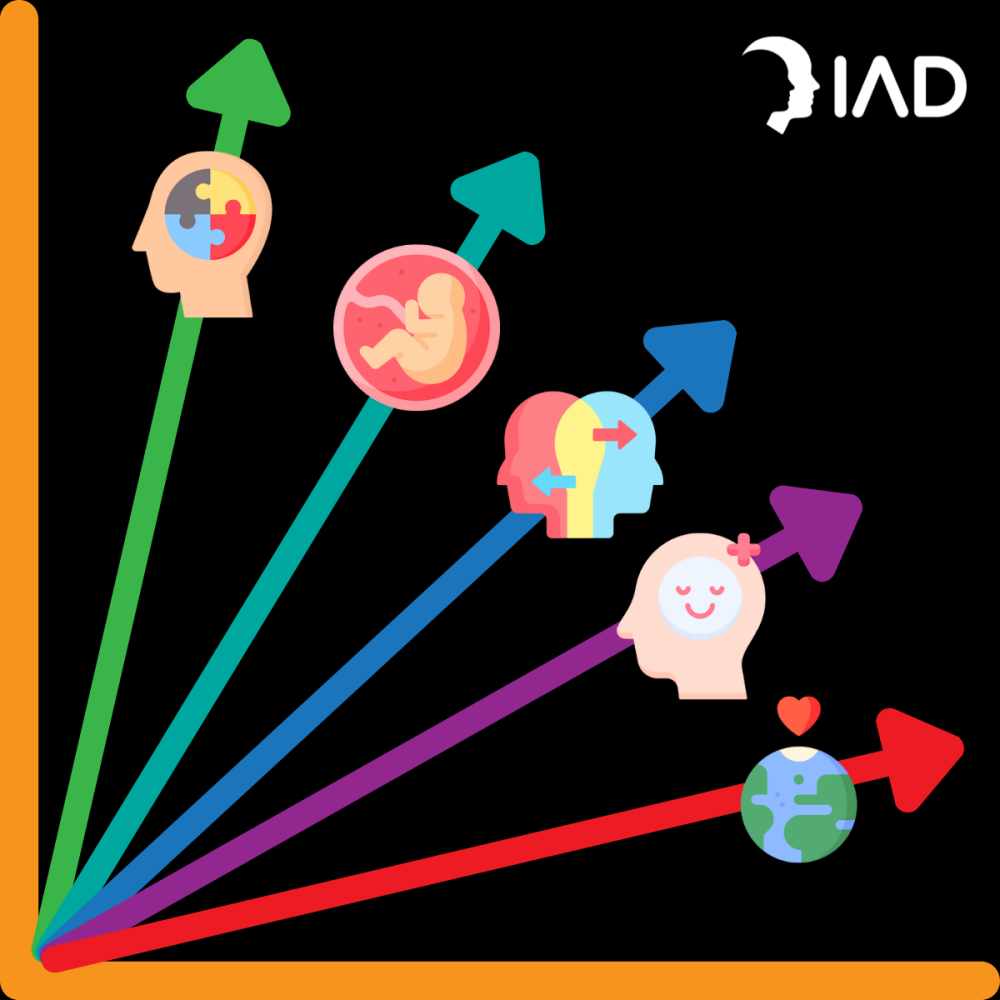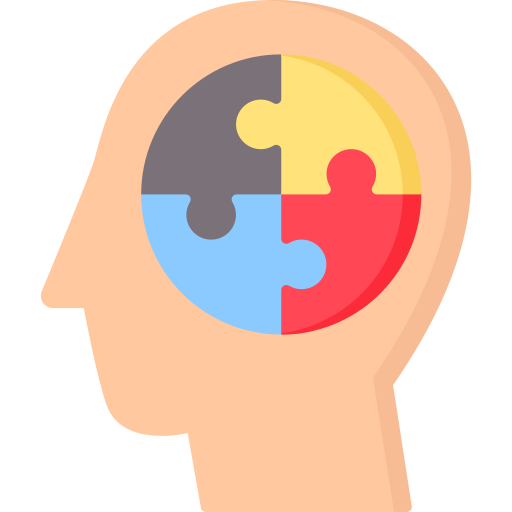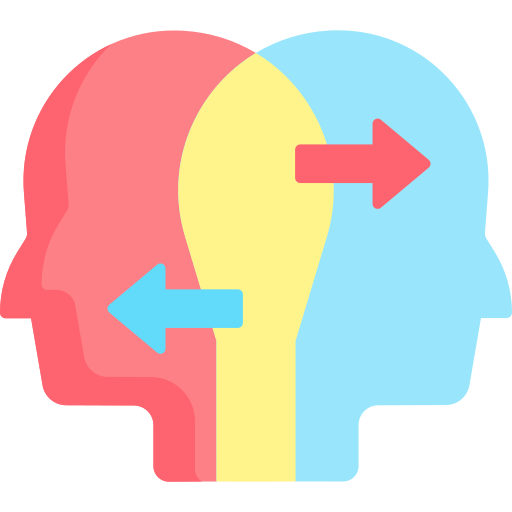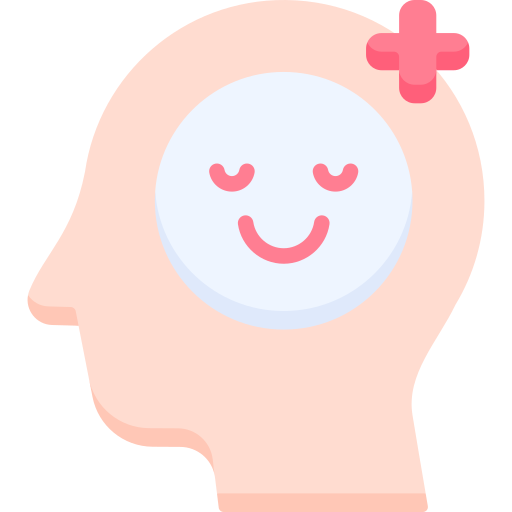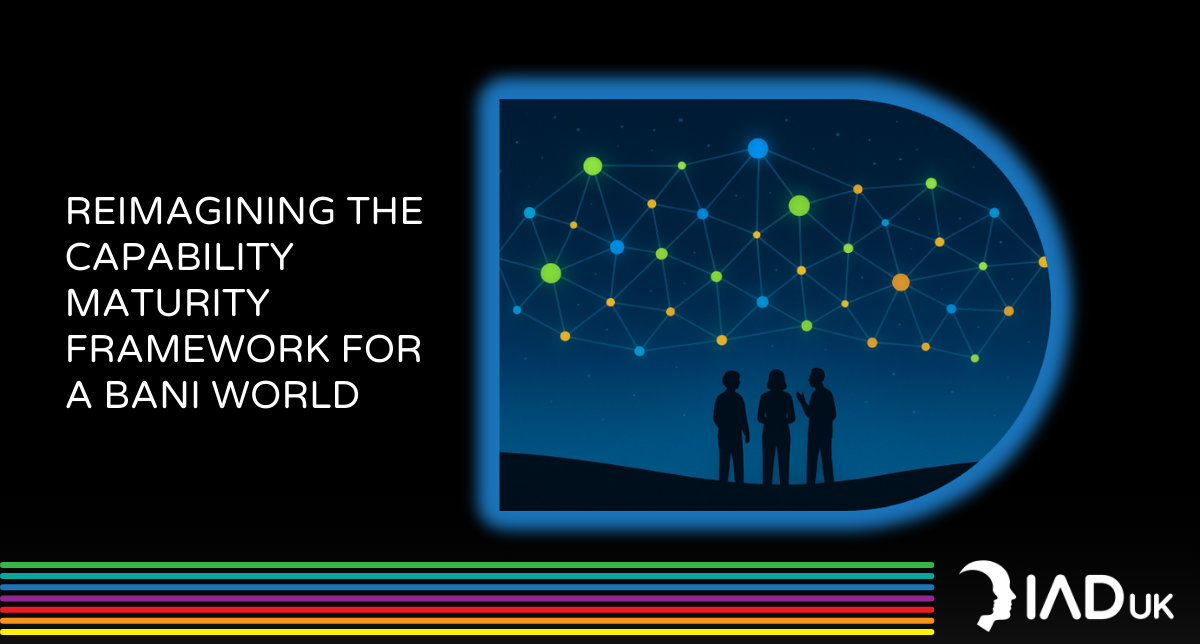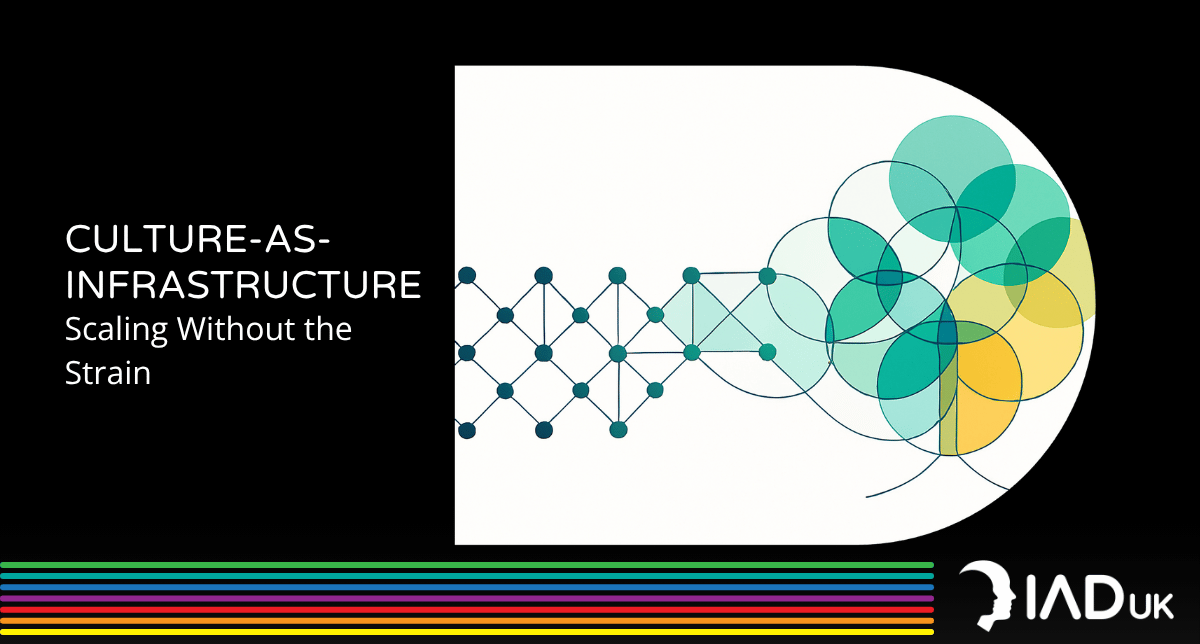- The trajectory towards complexity via enhanced cognitive-affective and behavioural complexity and hierarchical integration
- The reproductive trajectory via an improved capacity to control our environment and thus change it to meet our needs or to eliminate threats and thus ensure our own survival and reproduction.
- The trajectory towards ‘knowledge that coincides with reality’ via an improved capacity to view oneself and the world in an unbiased and undistorted way
- The trajectory toward eudaimonic well-being via the pursuit of fulfilment and well-being through purpose and meaning, and
- The Ethical trajectory via an enhanced ability to make decisions that take into account the well-being of a greater number of people and living things
Unleash your full potential with Next Level Coaching
The path to holistic development

In his groundbreaking book "Development Through Adulthood," Dr Oliver Robinson, Associate Professor of Psychology at Greenwich University, presents five trajectories for positive adult development, each offering unique paths towards personal growth and fulfilment. However, the challenge lies in integrating these trajectories harmoniously. Is there a solution that allows us to develop across all of them simultaneously? Enter Next Level Coaching, a transformative approach grounded in Constructed Development Theory. Developed by Dr Darren Stevens, this theory has gained global recognition among adult development experts, offering a promising way to unlock holistic development and unleash our full potential.
The five trajectories for positive adult development, as proposed by Dr Oliver Robinson are:
Each one of these is problematic in isolation, however taken as a group they may represent something like an ideal (even without actually reproducing, the reproductive trajectory has much to offer when combined with the other trajectories).
Next Level Coaching is grounded in Constructed Development Theory developed by the Institute’s own Dr Darren Stevens and gaining ever greater attention among adult development experts across the world.
And for good reason.
Constructed Development Theory is a unifying theory in psychology that defines the process of thinking from a psychological perspective and how that thinking process drives our behaviour: Intention, Awareness, Choice, Response.
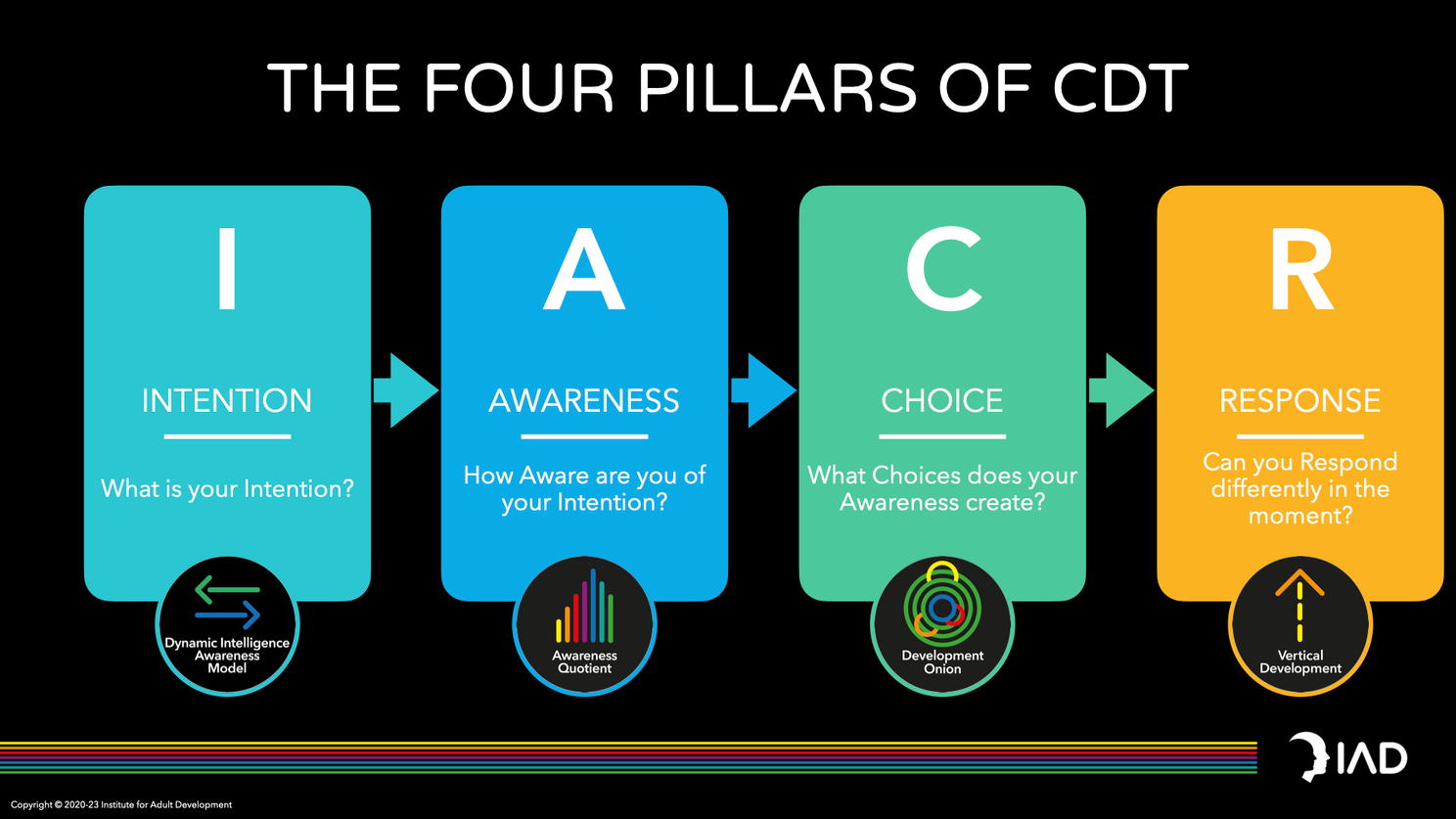
Our Cognitive Intention usage determines our Response to our environments. Our level of Awareness of these Cognitive Intentions determines how much Choice we have in our usage of them and thus our Responses.
The aim of Next Level Coaching (NLC) from the IAD is to increase the level of Choice in our Responses by raising our Awareness of our Cognitive Intention usage.
So what does that mean when we consider each of Dr Robinson’s proposed trajectories for positive adult development?
Towards Complexity
Towards ‘knowledge that coincides with reality’
Towards Well-Being
And Purpose In Life?
At the IAD we would say that purpose actually reflects a lack of Choice. There is also some research from Dr Jeff Schneider that shows that at higher levels of development a life purpose is not required for creating meaning in life.
What Next Level Coaching does help to develop though is a more useful model of reality, and a greater ability to choose our behaviour. These capacities help us to make better sense of our worlds and act accordingly moment to moment.
These capacities also help us to judge what is in the interests of ‘the greater good’, to take into account the well-being of a greater number of people and living things, thereby supporting The Ethical Trajectory

